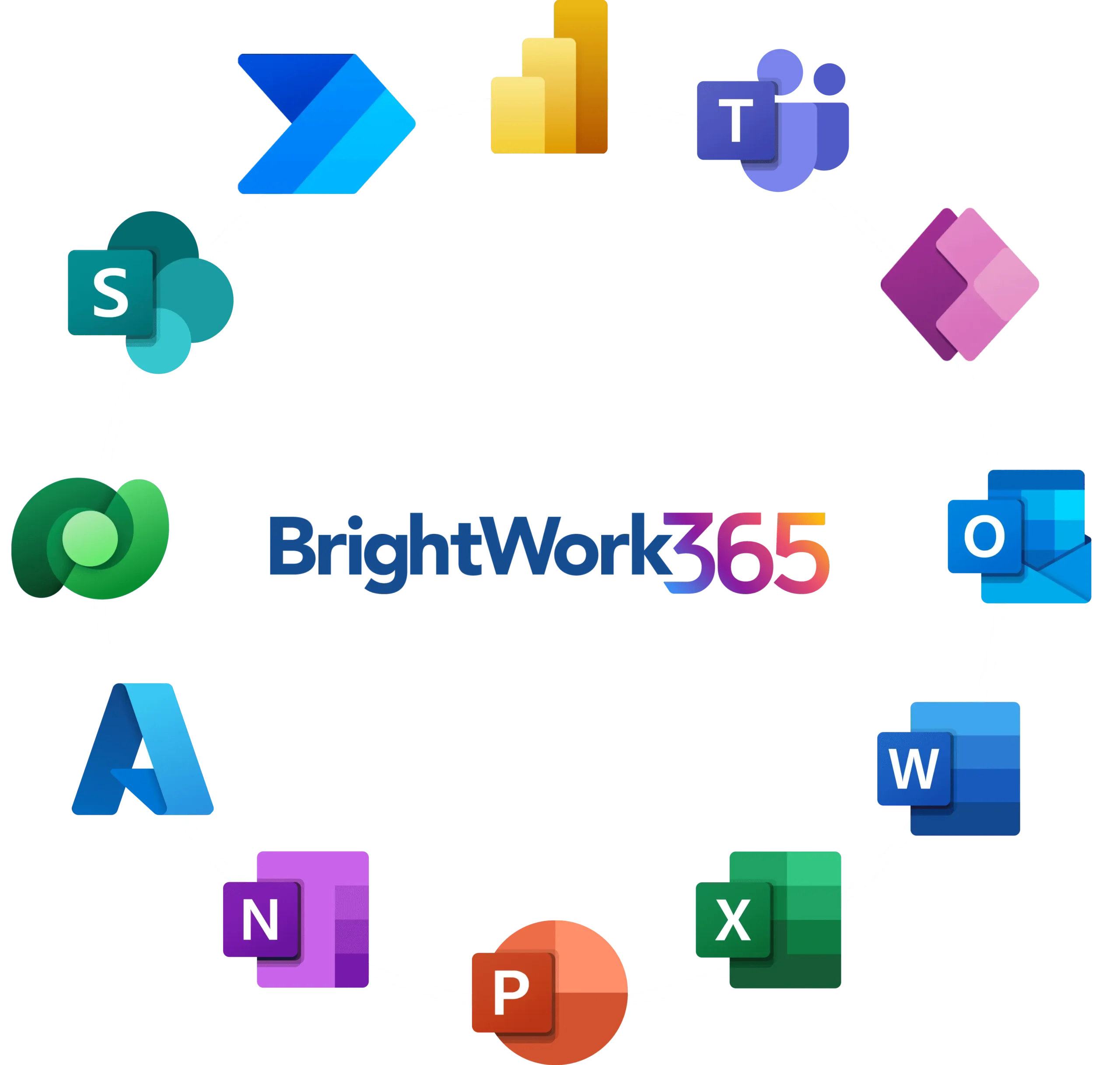What is a Project Milestone?
A Project Milestone is a significant event or point in a project that marks a specific stage of progress. It is a management tool used to identify a moment in time that signifies a noteworthy accomplishment or phase of the project.
It is a key aspect of Project Portfolio Management Software, which helps track, manage, and visualize project progress. Milestones are typically represented as diamonds or icons on a project timeline, indicating a point of achievement that does not consume time or resources.
They monitor the project’s progress and control the project schedule. They also coordinate project activities, manage expectations, and communicate project status to stakeholders.
Why are Project Milestones Important?
Project milestones are vital in project management. They provide a way to track progress, manage expectations, and control the project. They also offer a sense of achievement and motivation for the project team, as reaching a milestone often means that a significant part of the project has been completed.
Milestones are also important for communication with stakeholders. They provide a clear and concise way to report on project progress and can be used to demonstrate that the project is on track.
This can help build confidence and trust among stakeholders and prevent misunderstandings or miscommunications about the project’s status.
Setting Project Milestones
Setting project milestones is a vital part of the project planning process. It involves identifying the key events or stages in the project that signify progress and marking these as milestones. This can include things like the completion of a significant task, the achievement of a specific objective, or the end of a project phase.
When setting milestones, it’s essential to be realistic and consider the project’s scope, available resources, and time constraints. Ensuring the milestones are measurable, achievable, and communicated to all stakeholders is vital.
Tracking Project Milestones
Once the milestones have been set, they need to be tracked. This involves monitoring and comparing the project’s progress to the planned milestones. If the project is on track, the milestones should be reached at the scheduled times. If the project is falling behind, the milestones will be delayed.
Tracking milestones can help to identify problems early on so that corrective action can be taken. It can also provide a sense of achievement and motivation for the project team, as reaching a milestone often means that a significant part of the project has been completed.
Manage Projects with Microsoft 365, Power Platform, and Teams
Collaborate seamlessly from anywhere, with BrightWork 365 and Microsoft Teams

What are the Benefits of Using Project Milestones?
Project milestones are integral to successful project management, serving as critical checkpoints that help guide the project team toward achieving the project’s objectives efficiently. These markers offer numerous advantages, from enhancing project tracking to improving stakeholder communication. Consider the following:
- Enhanced Project Tracking and Management: Milestones provide a structured framework for monitoring project progress, helping teams stay on course and make timely adjustments.
- Improved Communication with Stakeholders: Marking significant phases and achievement milestones facilitates transparent communication with stakeholders, fostering trust and alignment among all parties involved.
- Motivation and Team Morale Boost: Achieving milestones can significantly boost team morale by providing tangible evidence of progress and accomplishment.
- Early Detection of Potential Issues: Milestones act as early warning systems, signaling potential delays or challenges that may impact the project schedule, allowing for proactive problem-solving.
- Simplified Project Planning and Scheduling: Using milestones simplifies the creation of a project schedule, making it easier to allocate resources and set realistic timelines.
- Facilitates Evaluation of Project Health: Regularly reaching milestones allows for an ongoing assessment of the project’s health and likelihood of success, ensuring that project goals remain attainable.
- Aids in Decision-Making: Milestones provide vital data points that can inform decision-making processes, helping to prioritize tasks and allocate resources effectively.
- Supports Stakeholder Engagement: Regular milestone achievements can help keep stakeholders engaged and informed about the project’s progress, ensuring their continued support and involvement.
What are the Most Common Challenges Around Project Milestones?
Project milestones are pivotal for tracking progress, yet they often present unique challenges that impede a project’s smooth execution and overall success. Let’s explore the most common challenges around project milestones in more detail below:
- Unclear Milestone Objectives: Lack of clarity in defining a milestone can lead to misunderstandings and misaligned team efforts.
- Inadequate Planning: Insufficient planning for milestones may result in unrealistic deadlines and objectives, risking project success.
- Poor Communication: Failures in communicating milestone importance and updates can lead to disengagement and misalignment among project teams and stakeholders.
- Resource Constraints: Limited resources can significantly hinder the achievement of milestones, affecting project timelines and budgets.
- Scope Creep: Changes in project scope without adjusting milestones accordingly can derail project progress and lead to missed deadlines.
- Lack of Flexibility: Inability to adapt milestones in response to project changes or unforeseen challenges can stifle progress and innovation.
- Ineffective Tracking and Monitoring: Projects can veer off course unnoticed without proper mechanisms to track milestone achievement.
- Stakeholder Misalignment: Differing stakeholder expectations regarding milestones can lead to conflicts and hinder project advancement.
- Dependence on Previous Tasks: Delays in preceding tasks can cascade, impacting the timely achievement of subsequent milestones.
- Underestimating Complexity: Failing to account for the complexity of tasks associated with milestones can lead to underestimation of timelines and resources needed.
Charting the Course
In conclusion, project milestones are a vital tool in project management. They provide a clear and concise way to track and communicate project progress, and they can also offer a sense of achievement and motivation for the project team.
Whether you are a project manager, a team member, or a stakeholder, understanding the concept of project milestones can help you better manage your projects’ progress. So, the next time you work on a project plan, remember to set and track your milestones!
Manage Projects with Microsoft 365, Power Platform, and Teams
Collaborate seamlessly from anywhere, with BrightWork 365 and Microsoft Teams.
